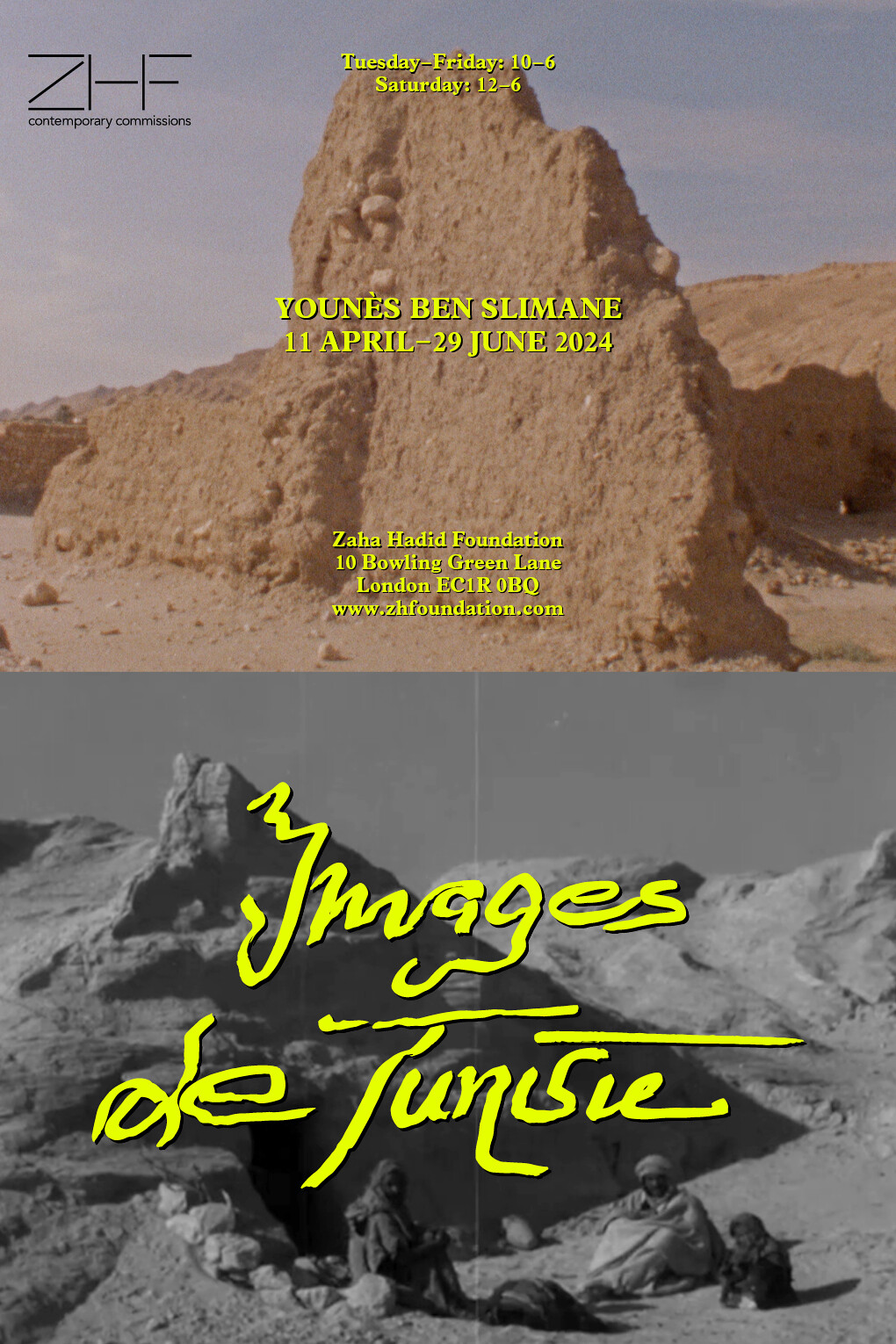Adelita Husni-Bey: White Paper: The Law
Fernando García-Dory: INLAND
1 May–28 June 2015
Press preview: 1 May, 16–17h
Opening: 1 May, 18–22h
Casco – Office of Art, Design and Theory
Lange Nieuwstraat 7
3512 PA, Utrecht
The Netherlands
T/F +31 (0) 30 231 9995
info [at] cascoprojects.org
Casco – Office for Art, Design and Theory is thrilled to present the first solo exhibitions in the Netherlands by artists Adelita Husni-Bey, with White Paper: The Law and Fernando García-Dory, with INLAND. Both artists look into creating new models and tools for the future against a backdrop of the destruction of the commons; Husni-Bey delves into the right to housing by attempting a grassroots revision of law, while García-Dory explores alternative visions for the countryside in establishing a para-institution. In so doing they carry on Casco’s investigation into the commons under the 2013–15 program guideline Composing the Commons. The artists have been part of our Artist at Work program wherein they collaborate closely with the Casco team over an extended period.
Adelita Husni-Bey: White Paper: The Law
Gentrification, a shrinking social housing sector, real estate speculation, and the sale of public assets to private investors…this encroaching dominance of neoliberalism is a push-off point for White Paper: The Law (2015) by Adelita Husni-Bey developed with Casco. The project contests the enclosures of private property imposed by the 2010 squatting ban in the Netherlands and similar actions across Europe. These crackdowns diminish affordable housing and the concomitant space for experimentation with democratic and cultural processes.
Over a three-month process ending 23 May, a series of Public Drafting Meetings throughout the Netherlands see committees composed of jurists, squatters, sans-papiers, academics, activists, and the general public work together to form “movement-perspective legislation.” The groups produce a collectively written convention as an instrument of law that acts both as a speculative space to imagine a more equitable future and as a concrete tool in which it can be realized. Meetings during which the writing develops highlight different aspects of the law demanding different amendments concentrating on five themes: “The Legal Form,” “Decriminalizing the Subject,” “Right of Use,” “Modes of Re-imagining,” and “Vacant Property as Theft.”
At Casco the convention is presented in a special form including large-scale screen prints that trace its evolution throughout the collective editing process. Accompanying the convention are selected examples of domestic self-organization: documentation and notes on house meetings detailing decision-making processes and life of historic squats in the Netherlands, along with public forms such as posters from the Dutch squatting movement.
Also included in the exhibition are works from the previous chapter of the project developed in collaboration with Beirut in Cairo, White Paper: The Land (2014). This earlier phase likewise concentrated on the destruction of commons in the urban context but was specifically attuned to Cairo which is undergoing a privately funded urban development plan led by the military government called “Cairo 2050″ responsible for evictions of several communal neighborhoods. In addition, other past projects by Husni-Bey are on view.
White Paper is commissioned by Casco in collaboration with Beirut.
Fernando García-Dory: INLAND
Contrary to its dormant or idyllic image, the countryside has become host to some of the most pressing issues of our time: acculturation, autonomy, ecological models and food production, the enclosure of the commons as well as the resurgence of functional art. In seeking strategies to engage with these issues, Fernando García-Dory conceived INLAND (2009–present), which he defines as a “para-institution of polyvalent specialist mobile units working in emergency contexts that always operate in relation to an ‘official’ institution, that is, a state, a company, or an art institution.” Casco now partnering with INLAND presents an overview of the project’s activities of the last six years. The exhibition functions as an onsite workstation for extending INLAND’s agency to the Netherlands and initiating its research process here.
INLAND research centers on probing the role of territories, geopolitics, culture, and identity between the city and countryside. Its projects are rooted in a wide variety of communities and places. And while each project has its own character and duration it is always connected to a specific department of INLAND such as “Knowledge,” “Training,” and “Production” as well as to the larger self-organized and self-sustained INLAND system. INLAND’s activities include: study groups; publications; training schools for shepherds, peasant leaders, and craftsmen; newly commissioned projects by artists and farmers; involvement in local politics; and solidarity networks. In sum, INLAND is an imaginative, inquisitive, and practical method for relating with our environment that gleans insight from peasant and indigenous resistance while also appropriating institutional means.
At Casco García-Dory offers an elaborate diagram as a tool to navigate INLAND’s entangled realities, history, and present working structure in a carefully selected composition of INLAND artworks and project documentation materials such as landscape drawings with key terms, videos and collages, and farmers’ produce. The exhibition space is furthermore utilized as an active platform from which local extension agents conduct INLAND action-research and networking sessions, offering the visitor a first-hand and personal experience of INLAND and its possible application to the context of Utrecht and the wider Netherlands.
The exhibition INLAND is organized in partnership with the Dutch Art Institute, Arnhem in the framework of Publishing Class V: INLAND.
Research for developing White Paper (2014–present) was supported by the European Cultural Foundation and the Kamel Lazaar Foundation. Production support was granted by the European Cultural Foundation Idea Camp, Young Arab Theatre Fund, DE.MO./ Movin’Up 2014, Italian Ministry for Culture and Tourism, Association for the Circuit of Young Italian Artists, and the Arab Fund for Arts and Culture.
Contact: Yolande van der Heide
yolande [at] cascoprojects.org / T +31 (0) 30 231 9995




